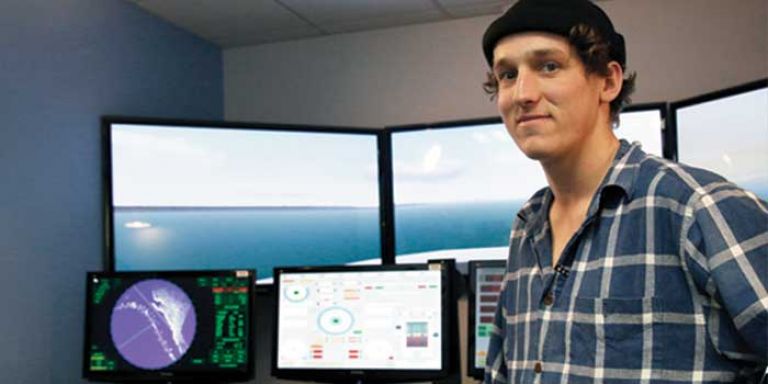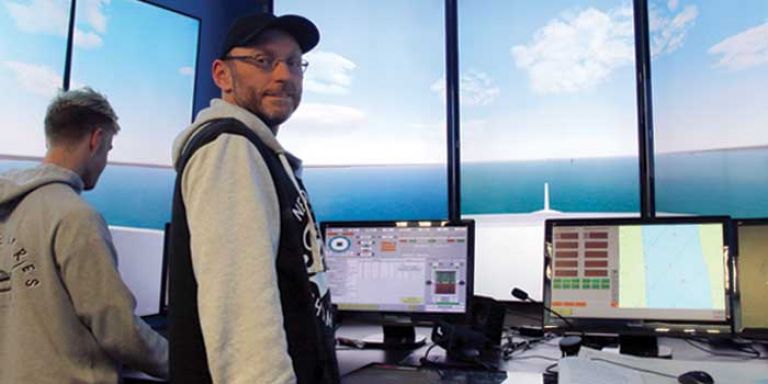Modular intakes for this programme mean you can start scheduled courses during the year.
Domestic students: Please contact our Ask Me! Student Services team.
International students: Please contact our International team for more information.
Programme highlights
Ready to become a master or skipper of a vessel?
Do you hold a Watchkeeper Deck on ships less than 500 gross tonnage in a near-coastal area, or Mate Fishing Vessel – Limited certificate of competency? If you want to progress to a command role on a fishing or commercial vessel, then this is your next step.
Gain the knowledge and skills to become an effective master of a commercial vessel (less than 500 GT) in the near coastal area, or a skipper of a fishing vessel in the limited area. You will be responsible for the vessel, the crew, and the passengers.
Entry requirements
Entry to this qualification is open for Domestic students but completion does not guarantee the award of a Maritime New Zealand license.
Applicants are recommended to hold the: Officer of the Watch (OOW)<500GT Near Coastal or Mate Fishing Vessel limited or Skipper Coastal and Offshore or equivalent licence.
International students: English Language Entry Requirements
International students will generally be required to provide evidence of English language proficiency, for this programme an IELTS Academic score of 5.5 with no band score lower than 5 is required.
For the minimum English language requirements refer to the requirements set out in the NZQF Programme and Accreditation Rules.
All persons wishing to qualify for a seafarer license must also check the Maritime New Zealand prior certification and minimum service requirements for that license.
Important information
All persons wishing to qualify for a seafarer licence must also check the Maritime New Zealand prior certification and minimum service requirements for that licence. Also: Seafarers Framework which outlines medical fitness requirements https://www.maritimenz.govt.nz/rules/part-34/default.asp and Maritime New Zealand Part 34:Medical Standards https://www.maritimenz.govt.nz/rules/part-34/Part34-maritime-rule.pdf.
Give yourself credit with Recognition of Prior Learning (RPL)
Did you know you can use the knowledge and experience you already have to your advantage?
Your previous work experience and on-the-job skills, volunteering, professional development, and other providers’ qualifications can be recognised as prior learning, matched against credits in our courses, and put towards your qualification – potentially saving you money and possibly helping you to complete your qualification faster Learn more.
Programme structure
You will need to complete the four courses below (60 credits):
Do you want to study a single course, without enrolling into the full programme?
Courses within some of our programmes may be offered as an individual Certificate of Proficiency (COP). Programme entry requirements and course fees apply. For more information, please speak to our friendly Ask Me! team.
Further training or study
On completion of this programme, you could pathway into the New Zealand Diploma in Nautical Science (Level 6) and complete the training for a MNZ Watchkeeper Deck certificate of competency to operate a vessel in any operating area.
Career opportunities
Work as a Master <500GT on passenger or non-passenger vessels.
Work as a Skipper Fishing Vessel – Limited on fishing vessels.












